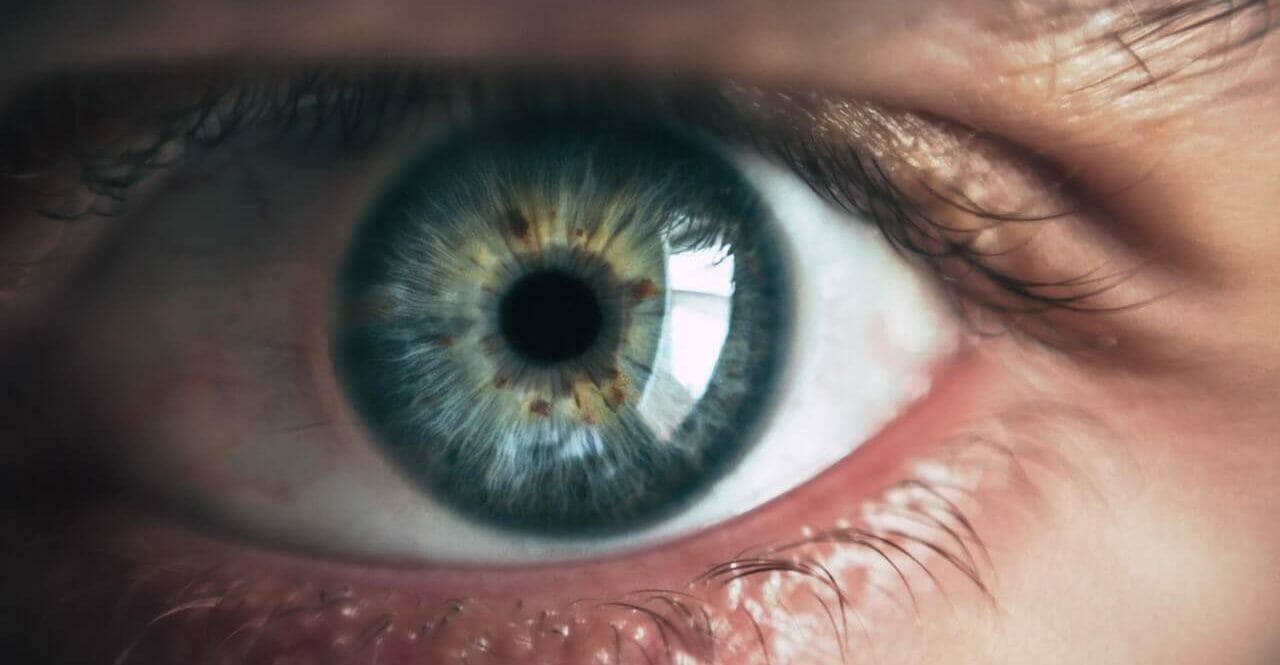In nearly 66% of patients over 70 years old, posterior vitreous detachment (PVD) is the most common cause of flashes and floaters. It is an age-related degeneration of the vitreous that results in it shrinking and separating from the retina. When the vitreous separates, it tugs and causes mechanical stimulation of the retina, which results in flashes. Clinically, the patient has normal vision and does not have any visual field defects. While flashes and floaters may seem scary, they are generally harmless but should be monitored by your optometrist to preclude other complications.






















